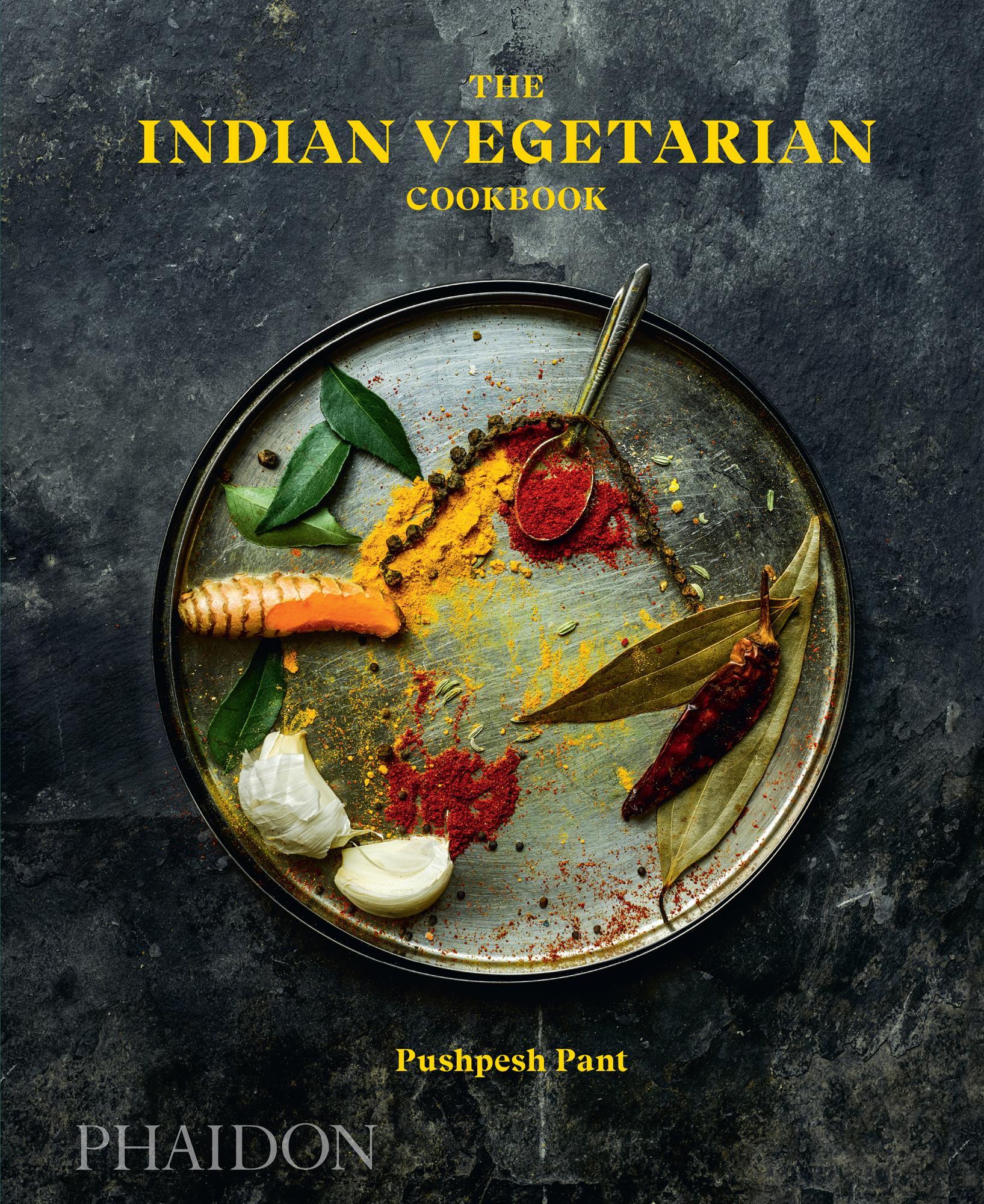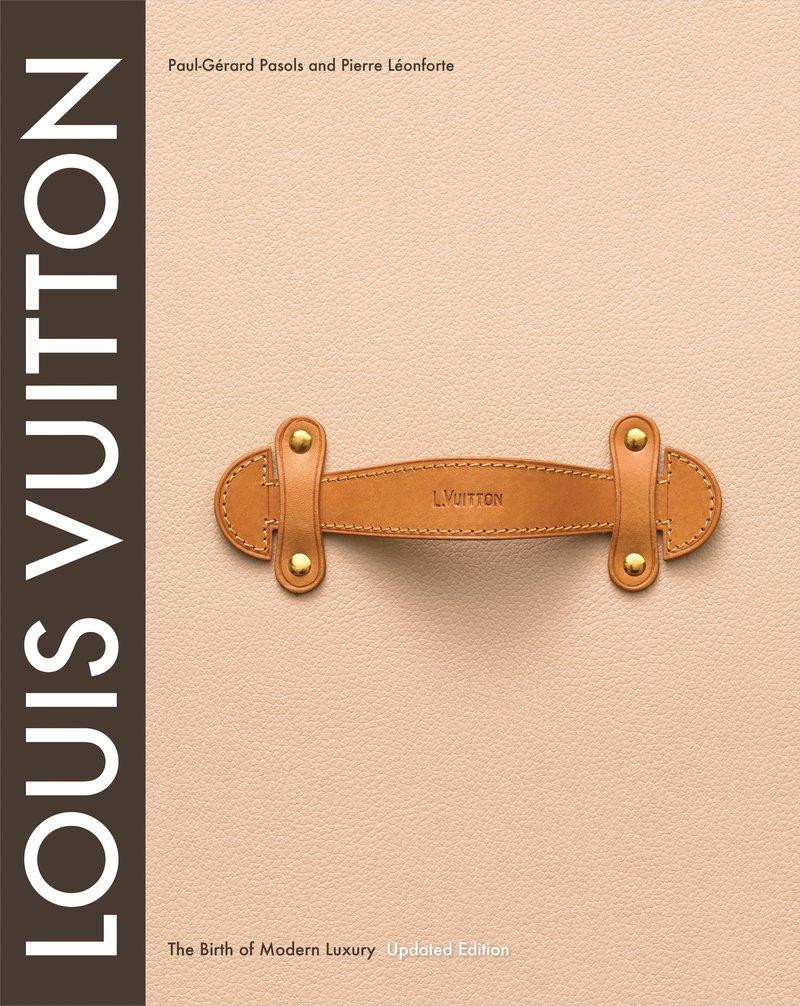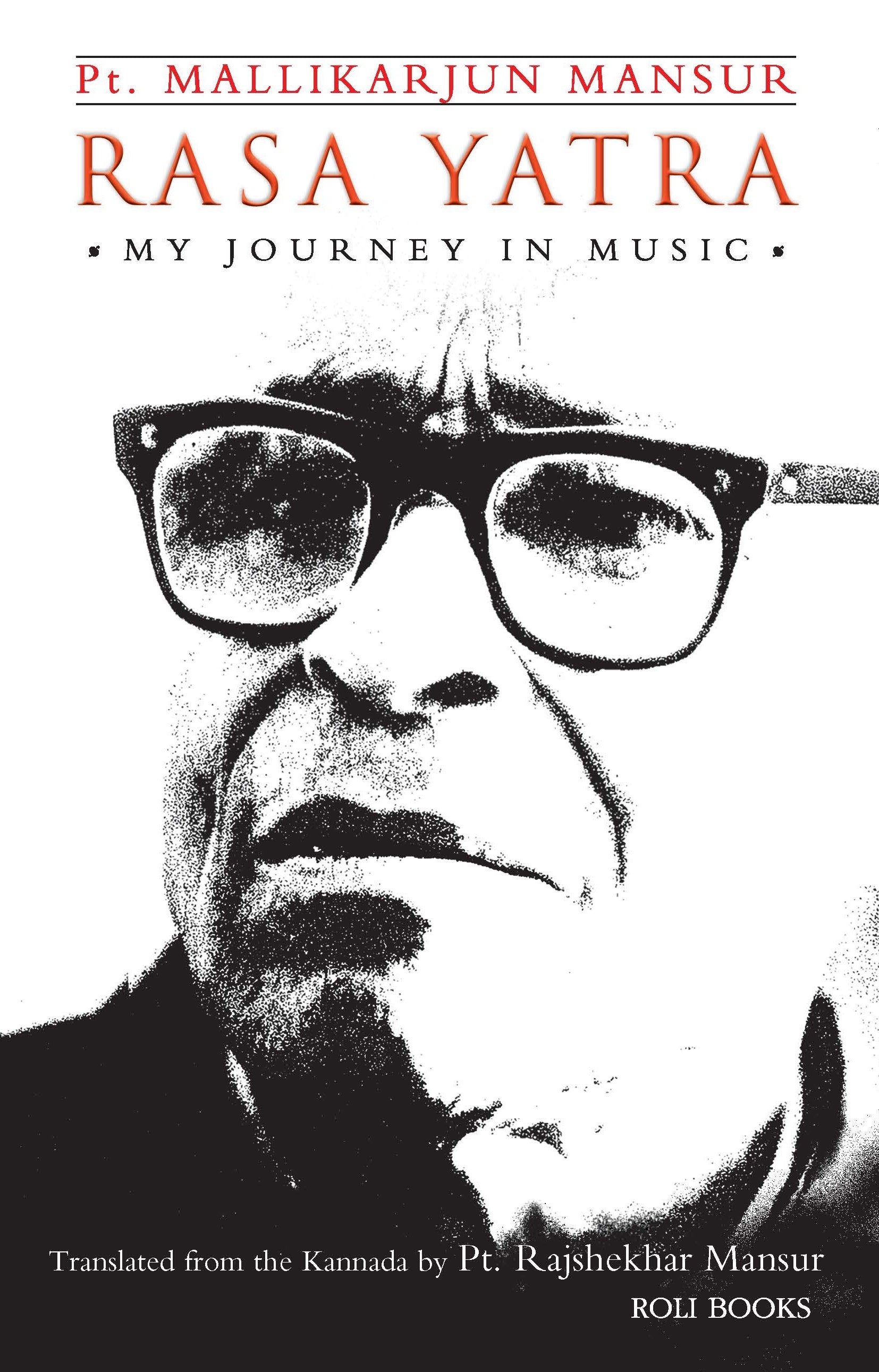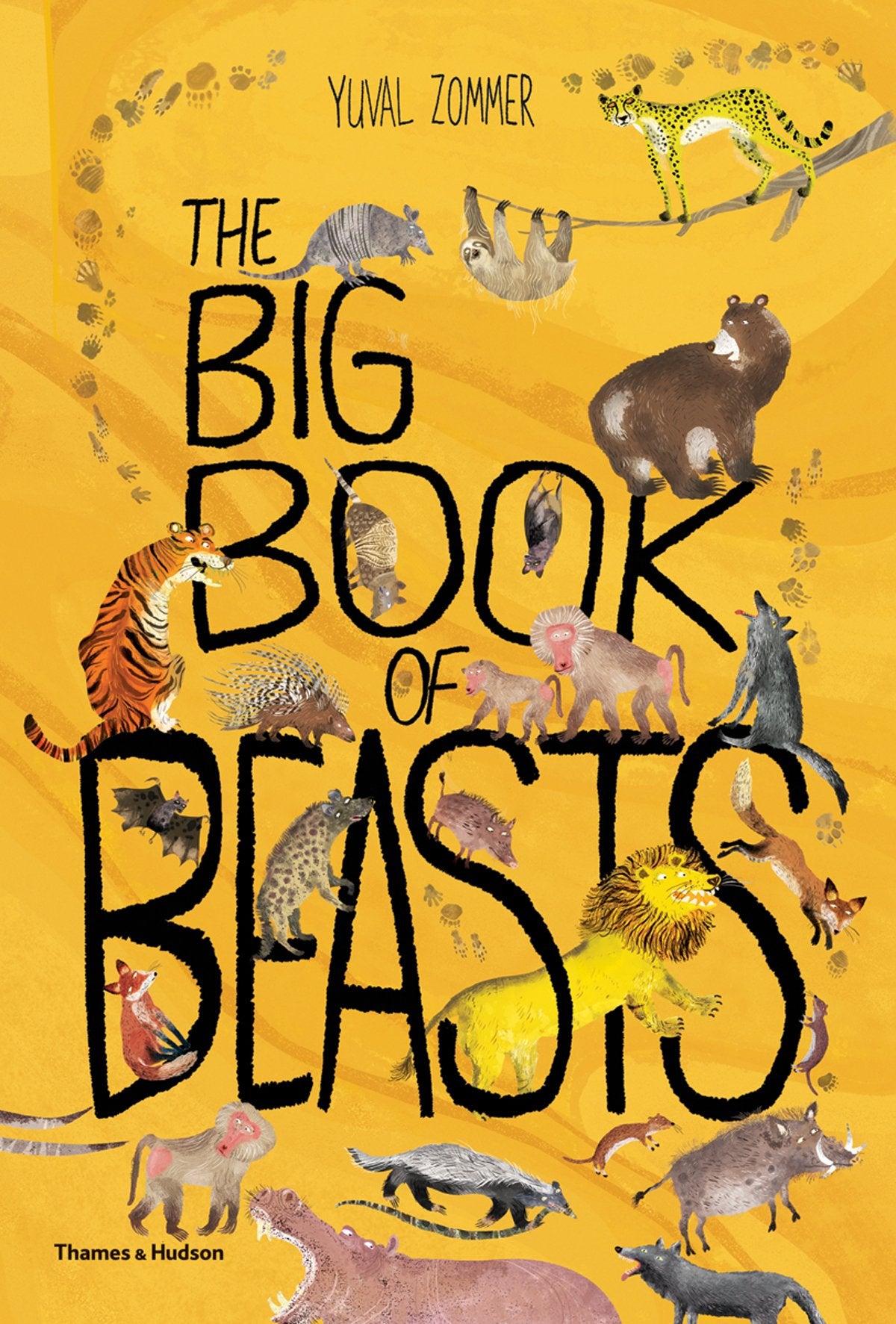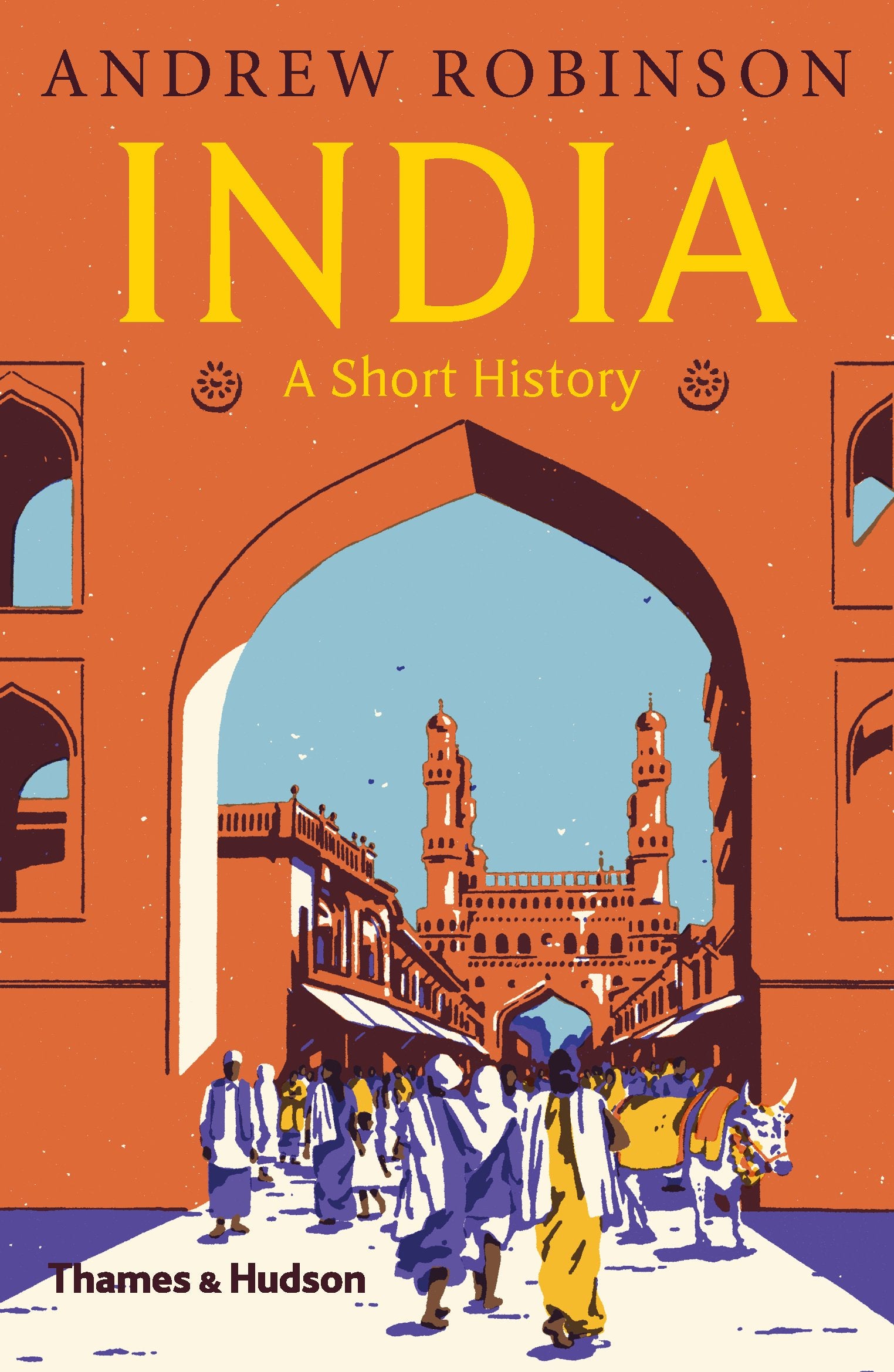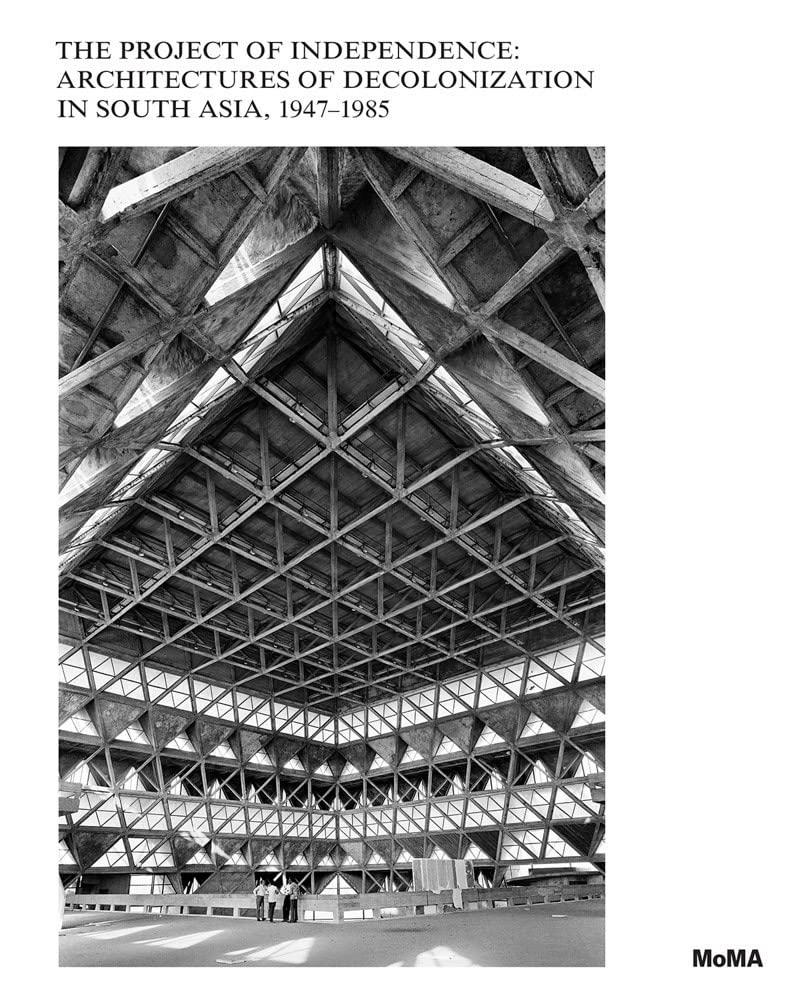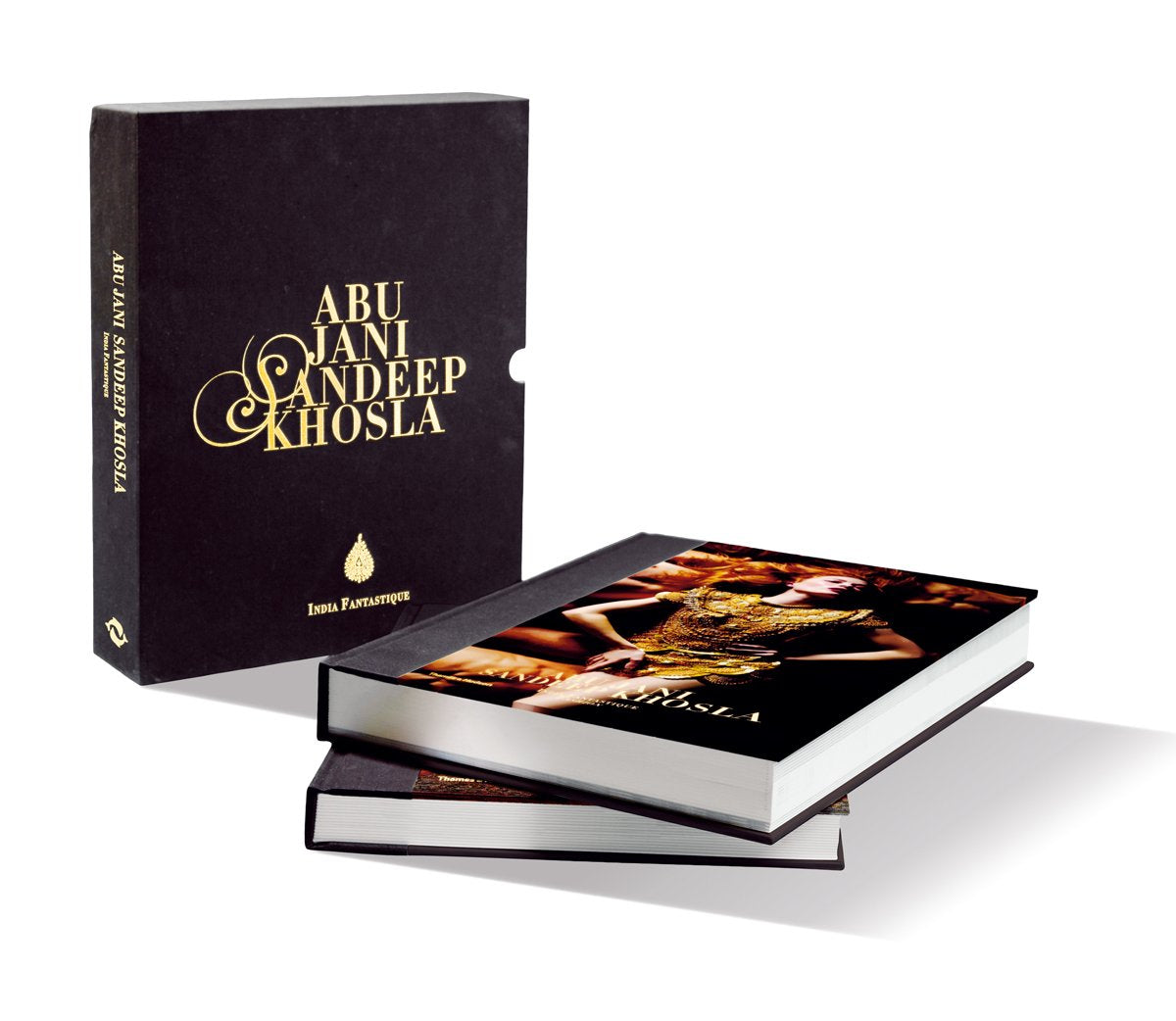The Monsoon War : Young Officers Reminisce 1965 India-Pakistan War
Capt. Amarinder Singh and Tajindar Shergill
When Pakistan first attacked in September 1965, the main objective of the GOC-in-C of the Western Command, Lieutenant General Harbakhsh Singh, was not to cede a single square inch of Indian land to the enemy. And despite the valour and strategic brilliance of the Pakistan Army and Air Force, the Indian Armed Forces, through sheer strength of will, emerged triumphant – sometimes even in battles where it first seemed that all was lost. The Monsoon War is an honest and gritty eye-witness account of the 1965 war, as it happened, retold by two men who fought it. Amarinder Singh, who served as ADC to the man of the moment, Lieutenant General Harbakhsh Singh; and Lieutenant General Tajindar Shergill, who was then Troop Leader, 1 Troop C Squadron Deccan Horse, and was taken prisoner of war after a forlorn hope tank attack. Their no-holds barred narrative brings to life the various battles fought, and the human stories of the many brave soldiers who fought for both countries. A landmark war that witnessed one of world historys most noteworthy tank battles (the Battle of Phillora), the events of 1965 are remembered as among the most significant victories of the modern Indian Armed Forces. The victory not only served as a morale booster to the nation as a whole, but is also a testament to the leadership of Harbakhsh Singh, who had over the course of the War even implemented an effective solution to the Kashmir territorial dispute. However, over the course of peace talks between the then Indian Prime Minister, Lal Bahadur Shastri and President Ayub Khan of Pakistan, many of Harbakhsh Singhs tactical solutions were waylaid – which is perhaps one of the many reasons why the Kashmir dispute still has the potential to sour the relationship between the two great nations.
Amarinder Singh, born into the royal family of Patiala, was educated at the Doon School. After graduating from the National Defence Academy and the Indian Military Academy, he was commissioned into the 2nd Battalion of the Sikh Regiment in 1963 and served as Company Commander. During the 1965 war against Pakistan, he was ADC to the GOC-in-C, Western Command (Lieutenant General Harbakhsh Singh VrC), in whose theatre of operations the entire war was fought. He spent five terms in the Punjab Legislature, once as minister and then as chief minister of Punjab from 2002 to 2007. Presently, he has been elected as a Member of Parliament after his victory in the 2014 Lok Sabha elections in Amritsar. A five-time member of the Vidhan Sabha from Punjab, he is also part of the Parliamentary Defence Committee. He has authored numerous books, including Honour and Fidelity: India’s Military Contribution to the Great War 1914-1918 and The Last Sunset: The Rise and Fall of the Lahore Durbar.
Tajindar Singh Shergill received his early education at the Lawrence School Sanawar and graduated from the National Defence Academy, Khadakwasla, where he was awarded the President’s Gold Medal; he has a master’s degree from the University of Madras and a Master of Military Science degree from the United States Command and General Staff College, Kansas, U.S.A. He was commissioned into the Deccan Horse in February 1964 and later commanded the Regiment. He has been the Defence Attaché at the Indian Embassy, Washington DC, USA and commanded 16 Independent Armoured Brigade; later he commanded a Division in Jammu and Kashmir and Corps in the North-East, both during counter militancy and counter insurgency operations; he was also Commandant of the Indian Military Academy. His earlier book, Counter-Insurgency Support to a Host Nation, was published in 1987. He received a mention in Dispatches in the 1965 War and was awarded the Param Vishisht Seva Medal in 2002.







